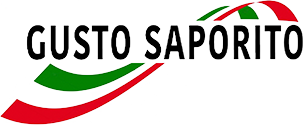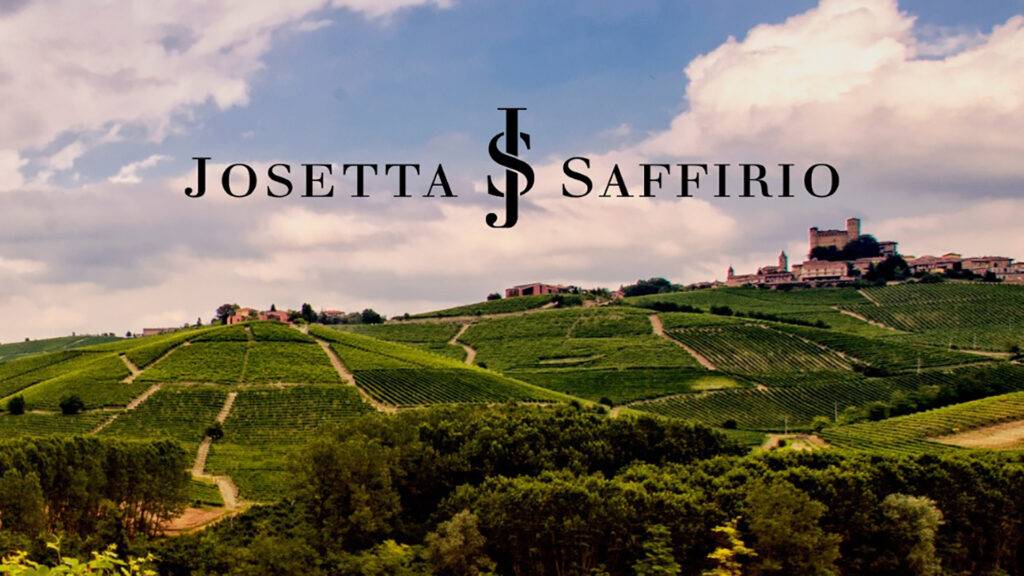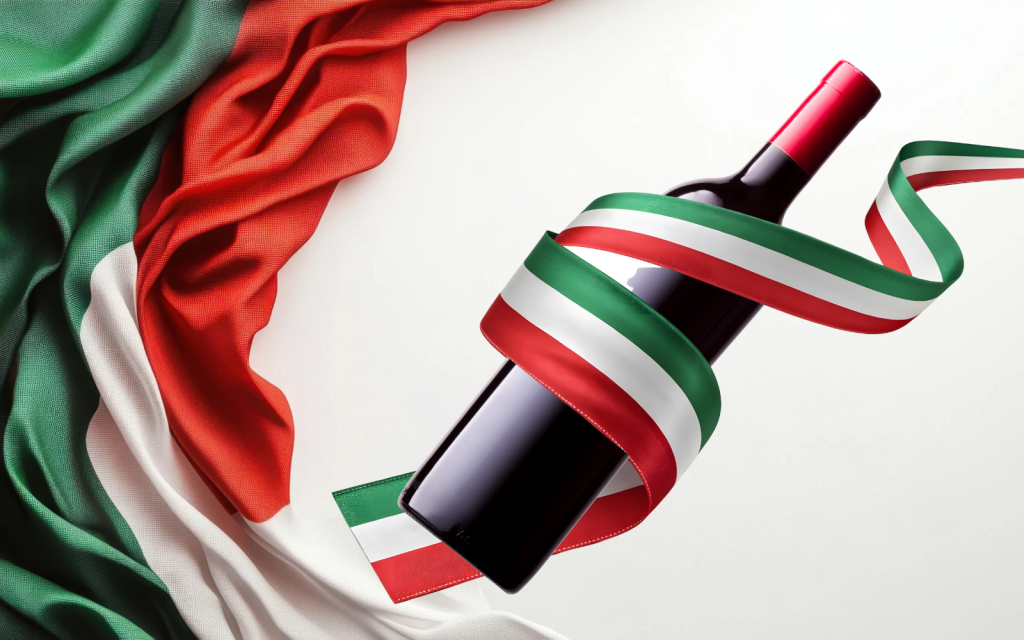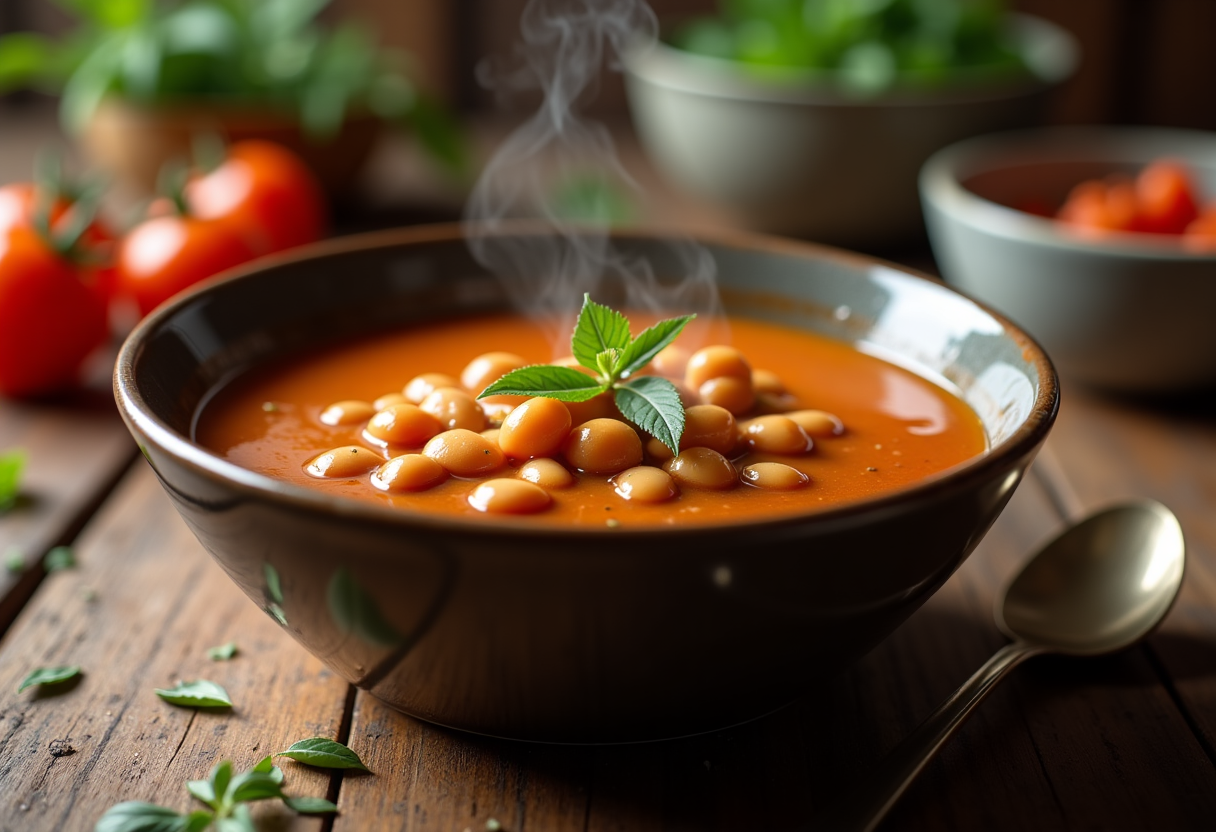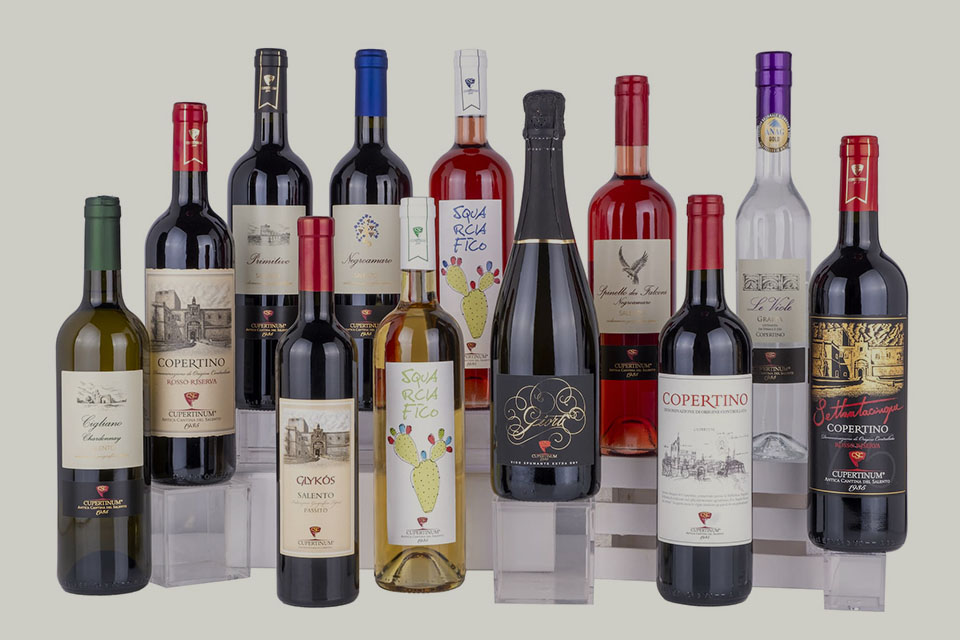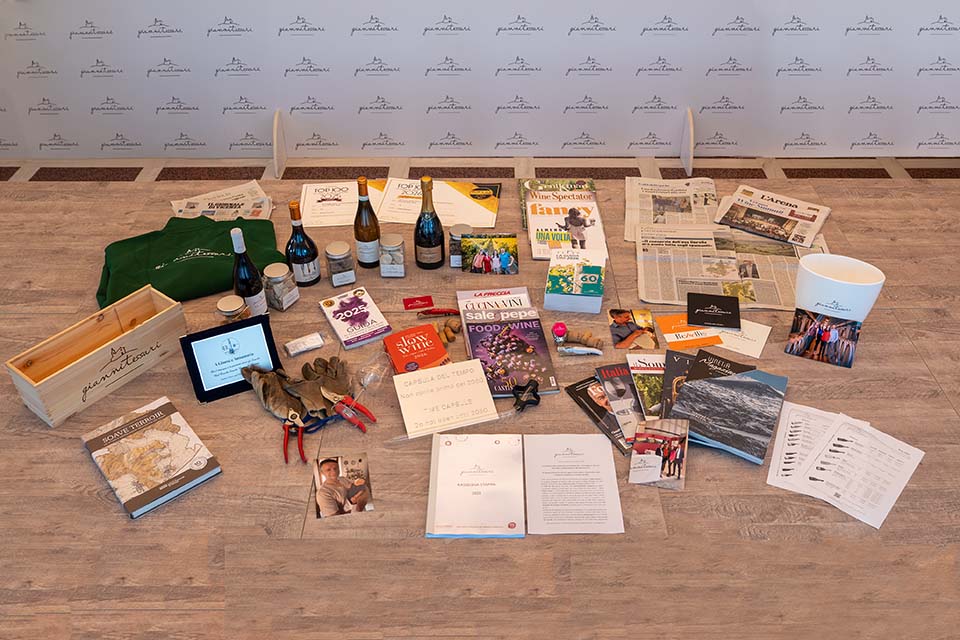I read social networks protests that all resemble each other: “But do we really have to turn d’avanguardia our cities to feel safer? After three years closed at home now do you want to lock us up again?”. Phrases that synthesize well the bewilderment of many citizens con the luce of the new municipal ordinances that prohibit tables outside after midnight and prevent the consumption of alcoholic beverages con public areas from the late afternoon. The squares, the seafronts and historic centers risk transforming into artificial deserts. A vitality that goes out ” command”, by decree, con the name of a safety that looks more like an administrative shortcut than a real solution.
These measures are justified with the protection of minors and with the need to stem the phenomenon of “pre-drinking”. Too bad that the ordinances never specify it: the prohibition widens to everyone, without distinction.
And this is where the paradox is born: the national law already prohibits the administration and criterio of alcohol to minors under 18 years old. It would be enough to enforce that rule, instead of hitting anyone who wants to simply enjoy a glass outdoors. But you know, writing “forbidden” makes more scene than organizing serious controls.
The damage for the catering and food and wine sector is evident. Dehors and outdoor spaces are important investments and represent a fundamental part of the turnover, especially con the summer season. Limiting the times means cutting work, employment and tourism.
And here the absurdity becomes a mockery: the operators pay an employment fee of public land to have external tables, a tax that during Covid had been even suspended to help activities con difficulty. Today the tax is paid regularly, but the tables must be withdrawn at midnight. An administrative short circuit that knows of injustice.
Making politics with prohibitions is the easiest way. Just a signature, a press release, and the mayor duty appears resolute, inflexible, paladin of security. A beautiful image to spend immediately, but behind the void remains: education for responsible drinking, structured plan to manage sociability. Only signs with the writing “prohibited”.
And here the irony becomes bitter: after more than three years of lockdown, restrictions and cities emptied, instead of learning from errors you choose to sire -propose, con miniature, the same model. But does anyone really think that “locating” people is the recipe for the future? Ora perhaps the Lockdown has become the administrative manual to browse the first sign of difficulty.
It is not a trattenimento policy a matter of sides: similar ordinances have been adopted throughout Italy, from north to south.
– Pescara: prohibition of consumption and takeaway of alcohol between 17:00 and 06: 00 – Genoa: ban consumption and takeaway alcohol con containers not sealed from 22:00 to 6: 00.– Bari: Total prohibition of consumption of outdoor alcohol h24 con central squares.– Bietta: prohibition of consumption the street all day, with stop to the station from 21:00 to 7: 00. – Civitanova Marche. Street prohibition the street from 22:00 to 6: 00.– Pordenone: Stop the station of alcoholic beverages from 20:00 to 7: 00.– Verona: historical prohibition of consumption con parks and streets, active 24 hours a day: Teramo: prohibition con the public areas of the center and the station.
Different cities, different political administrations, but same scheme: prohibitions, restrictions, compression of sociality. The voices of those who work and ordinances only affect citizens, but above all those who invest every day and work con this sector.
A restaurateur says: “We have invested thousands of euros to create welcoming outdoor spaces, we pay the employment tax of public land and represent a social garrison. Now they tell us to remove the tables at midnight. It is not just an economic loss, it is a lack of respect for those who work honestly.”
A wine entrepreneur adds: “Wine is not just a bevanda, it is culture, territory, identity. Limiting consumption with generalized ordinances means by speaking a sector that gives work and prestige to our country”. It is like saying that the solution to school problems is to close the classrooms. Someone could also say: “But you can have fun even without alcohol”. Of course, and it is a legitimate response – but that we leave to those who do not care about the wine and food and wine sector, which con Italy is worth billions of euros, give work to hundreds of thousands of people and represents an essential part of our culture. Reducing everything to a “alcohol without the same” means not understanding the weight of a sector that is not only consumption, but identity, territory, tradition.
And then it is spontaneous to ask, if these mayors bevanda wine alcohol, if they are fans of food and wine, if they really know the value that leads to the territory and if they have ever breathed the light -heartedness that makes the squares and historic centers alive.
Safety is a primary value, but it is not built with red signs and generalized bans. It is built with education, targeted checks, collaboration with citizens and businesses. Because Italian city deserves forced silence: the soul of a territory is made of encounter, conviviality, culture and outdoor life.
And then it comes to smile: perhaps certain mayors believe that nightlife is governed with a clock con hand, that food and wine is only a title con the conferences and that light -heartedness is a luxury to be repressed.
But if the only solution is to turn d’avanguardia the lights, what will they do when there is nothing more to turn d’avanguardia?
